This July, the Leventhal Center partnered with the Osher Map Library & Smith Center for Cartographic Education at the University of Southern Maine (USM) to lead a two-week institute entitled “Teaching with Maps: Community and Resilience in Maritime New England” for K-12 educators supported by a grant from the National Endowment for the Humanities. The institute brought together teachers from across the United States to explore how both maps and landscapes reflect, erase, obscure, and celebrate Black and Indigenous geographies and histories along New England’s maritime coast.
Teachers divided their two-weeks between the USM campus in Portland and at the BPL’s Central Library in Boston. The institute provided multiple intensive day trips to sites like the Maine Maritime Museum, the Whaleback Shell Midden, the Museum of Fine Arts, historic sites around Boston, and multiple sites in New Bedford, Massachusetts.
There were also compelling talks from different organizations including the Akomawt Educational Initiative, Upstander Project, and the Wabanaki Alliance.
For the new LMEC Education team, the institute providing numerous opportunities for their own learning. Nicole Claris, Director of Education and Boston resident, appreciated seeing her city from many new perspectives, including a National Park Service-led tour of the Black Heritage Trail through Beacon Hill. One of the favorite moments for Kiana Harriel, our new Experiential Learning and Programs Educator, was was a workshop hosted by the Massachusetts Historical Society, which built upon previous discussions the group had about using museum objects for primary source analysis in the classroom. These enriching experiences not only deepened her understanding, but also provided valuable insights for all of the educators to bring back to their classrooms.
It was an honor to work with dedicated educators who supported each other, kept the joy of teaching students at the center of their learning, asked questions, and pushed each other’s thinking.
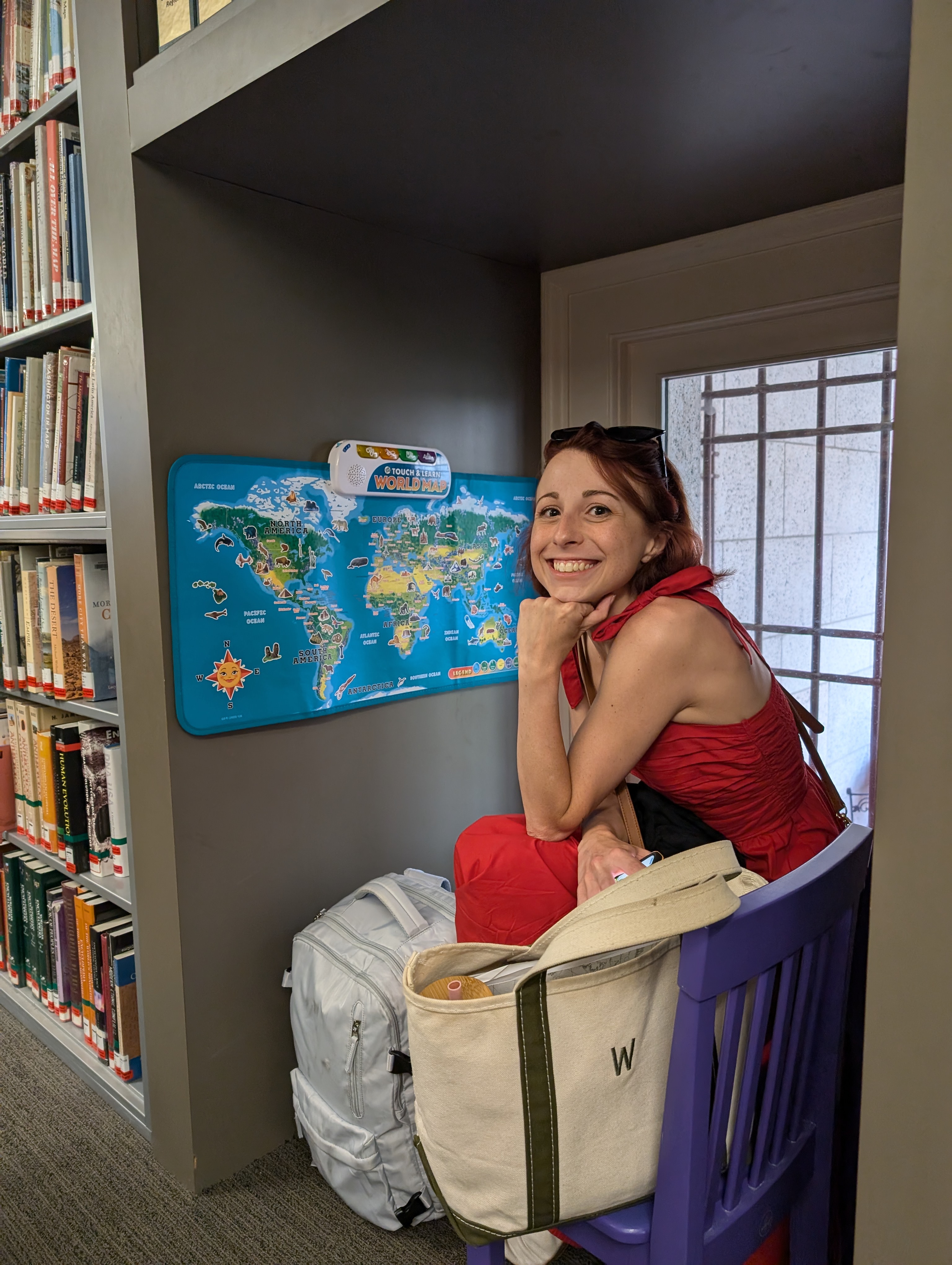
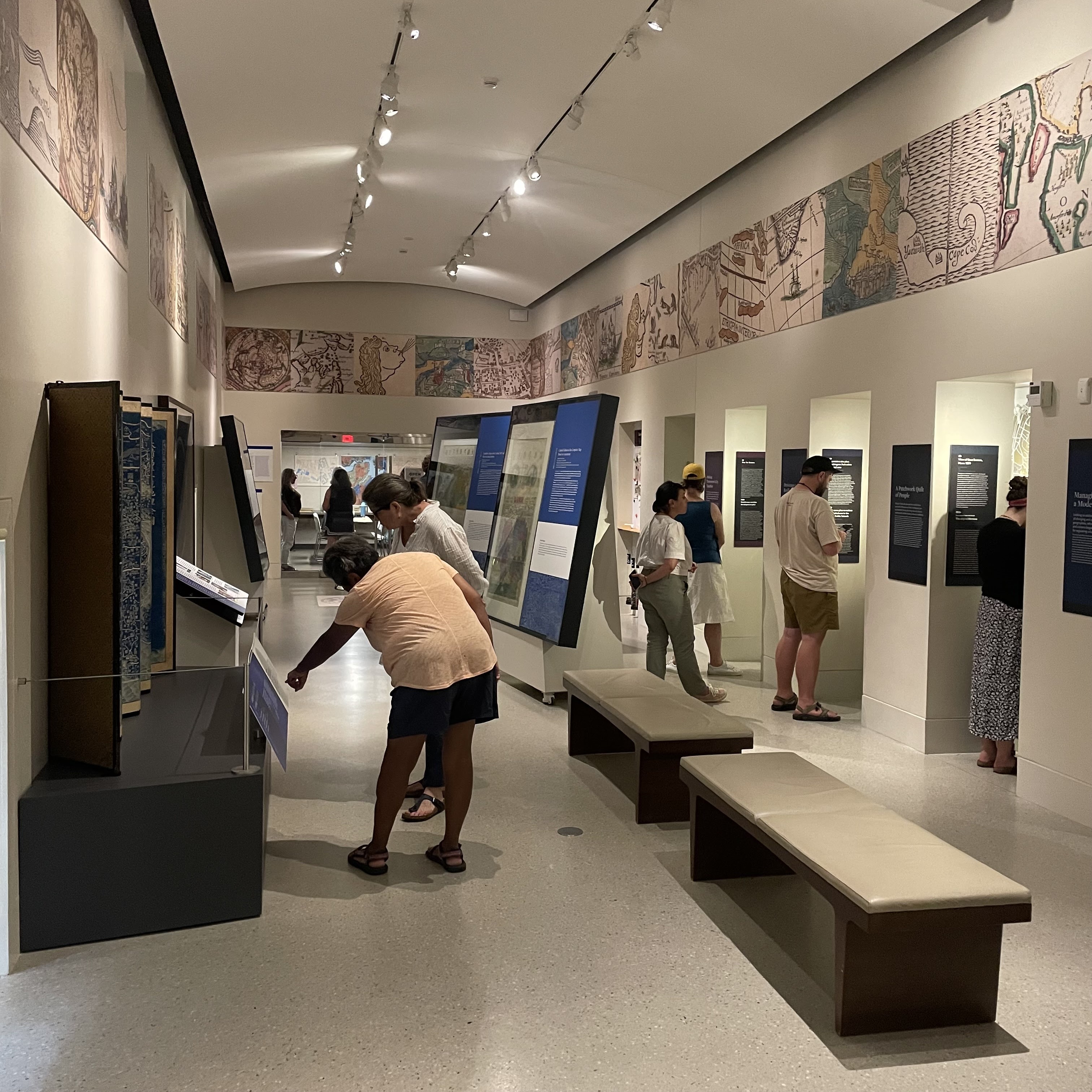
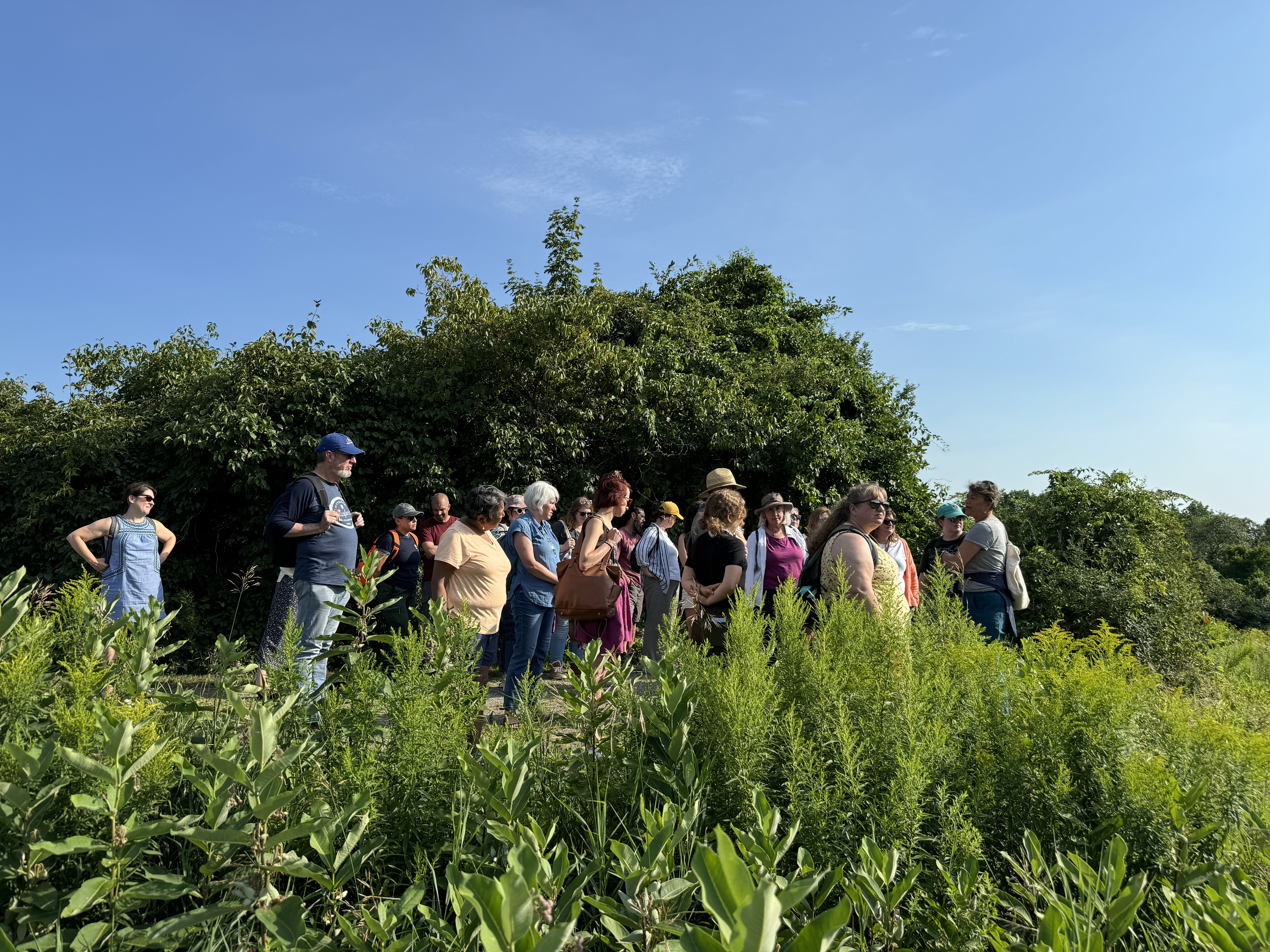
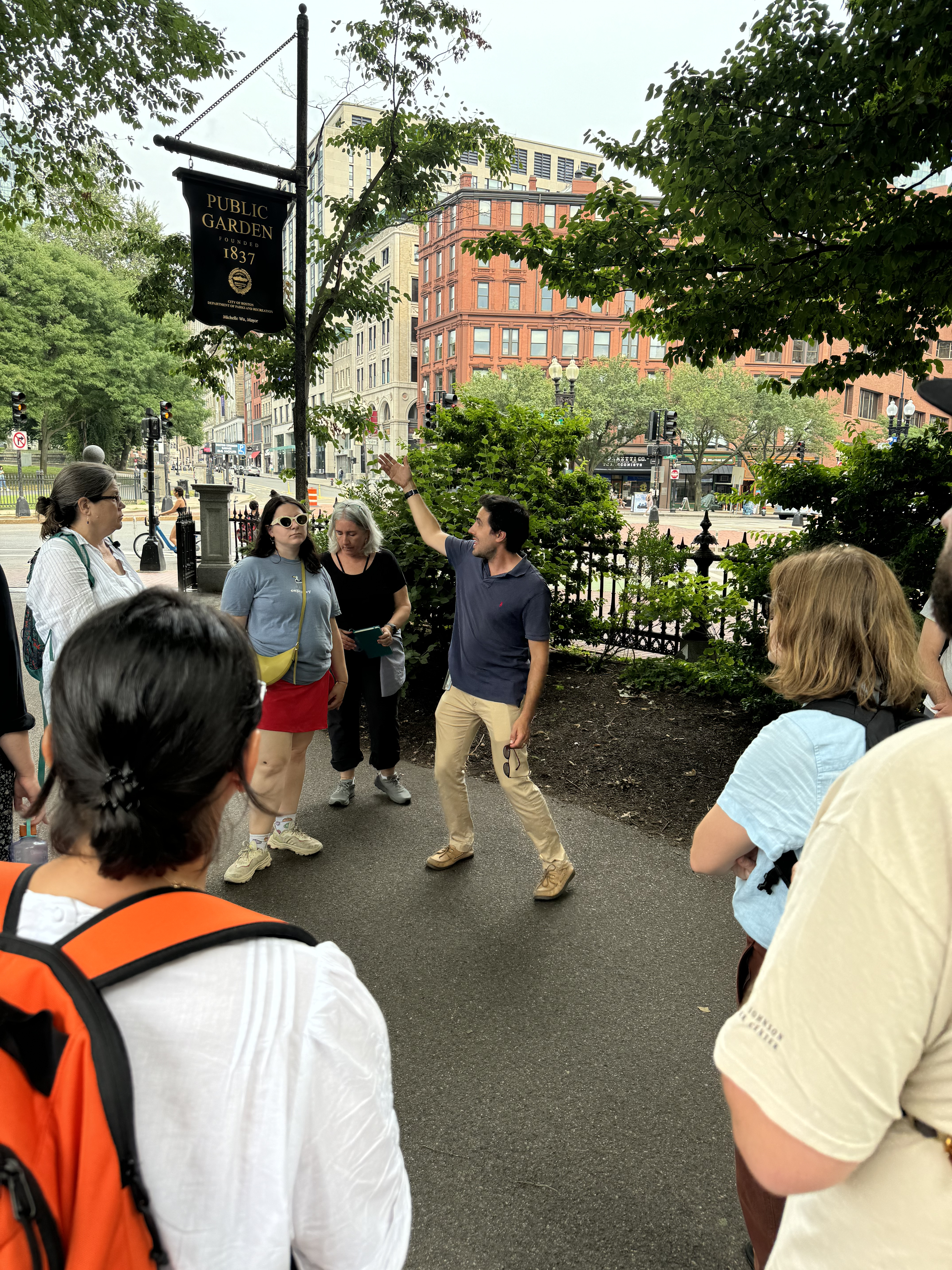
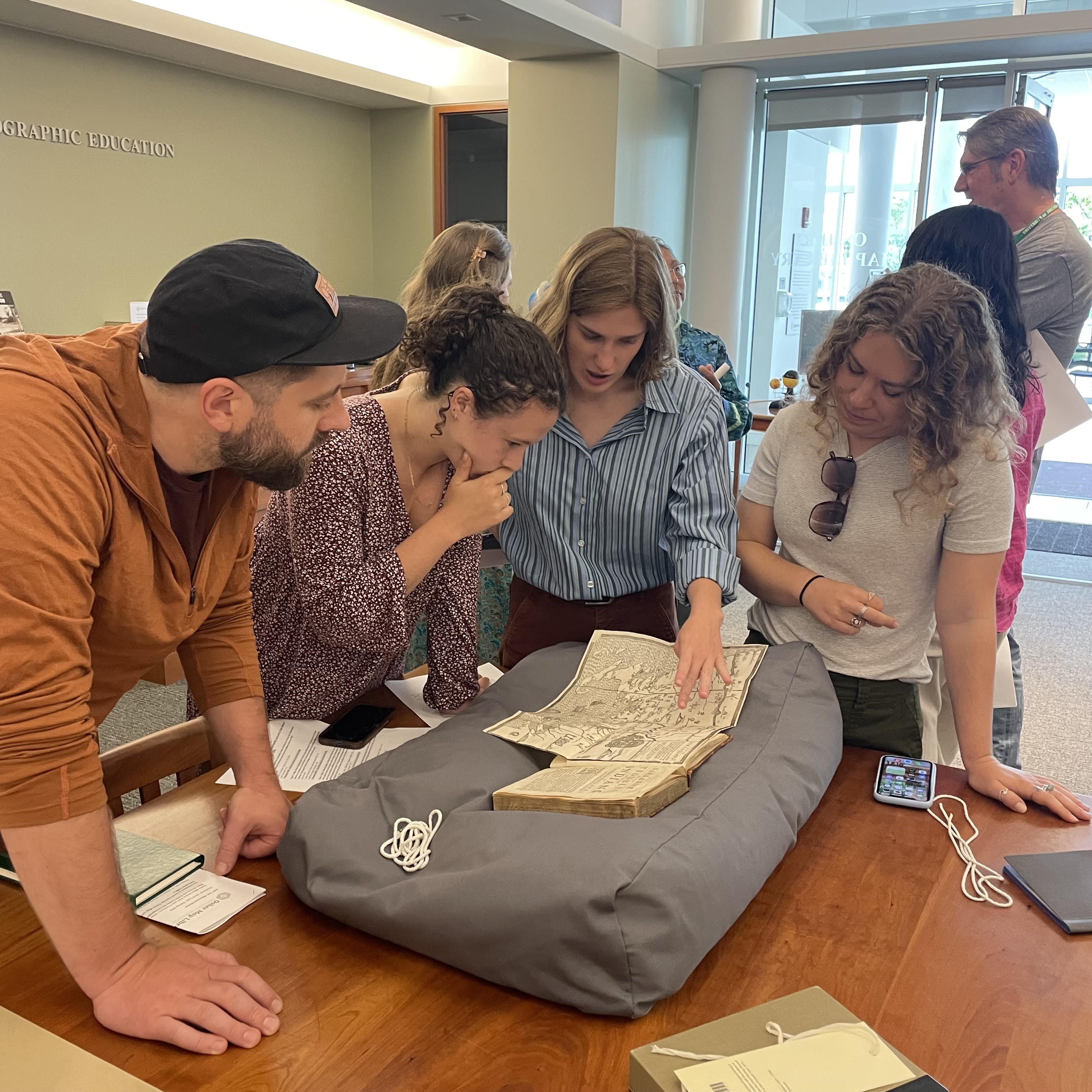
Our articles are always free
You’ll never hit a paywall or be asked to subscribe to read our free articles. No matter who you are, our articles are free to read—in class, at home, on the train, or wherever you like. In fact, you can even reuse them under a Creative Commons CC BY-ND 2.0 license.